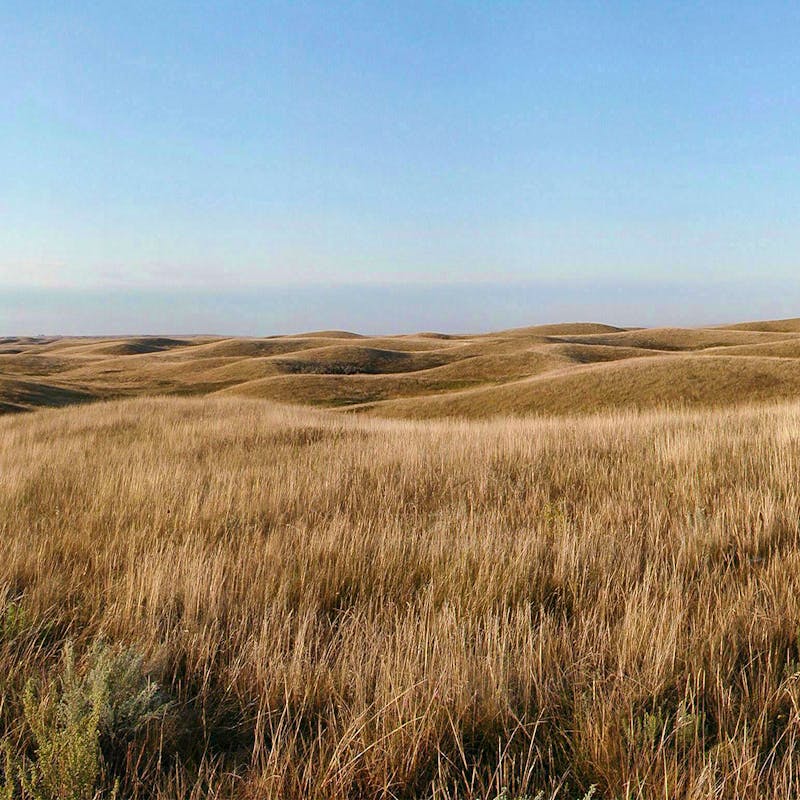On Thursday, June 6, 2024, Yellowstone National Park released the Final Environmental Impact Statement for a new management plan affecting the future of the North American bison. The park aims for a population range between 3,500 and 6,000 bison, managed across an expanded landscape while prioritizing the cultural values of American Indian Tribes.
Chamois Andersen, Defenders of Wildlife’s senior representative for Rockies and Plains, released the following statement in response to the plan:
“This management plan is based on science and allows for bison to move freely outside of Yellowstone’s boundaries and into tolerance zones in adjacent national forest lands. Smartly, it also includes increased capacity for the Bison Conservation Transfer Program, testing bison for brucellosis and transporting healthy animals of high genetic value to Tribes across the U.S.”
“As a proud transfer program partner, Defenders of Wildlife applauds the plan, which supports bison management both ecologically, for the Greater Yellowstone Ecosystem; and culturally, in cooperation with and for Native Nations. We are hopeful, however, that the future of bison management will include an end to ship-to-slaughter operations, which the plan currently includes.”
For over 75 years, Defenders of Wildlife has remained dedicated to protecting all native animals and plants in their natural communities. With a nationwide network of nearly 2.1 million members and supporters, Defenders of Wildlife is a leading advocate for innovative solutions to safeguard our wildlife for generations to come. To learn more, please visit https://defenders.org/newsroom or follow us on X @Defenders.
Media Contact
News

Study Led by Defenders of Wildlife Scientist Shows Noise Pollution Impacts on Migratory Birds




